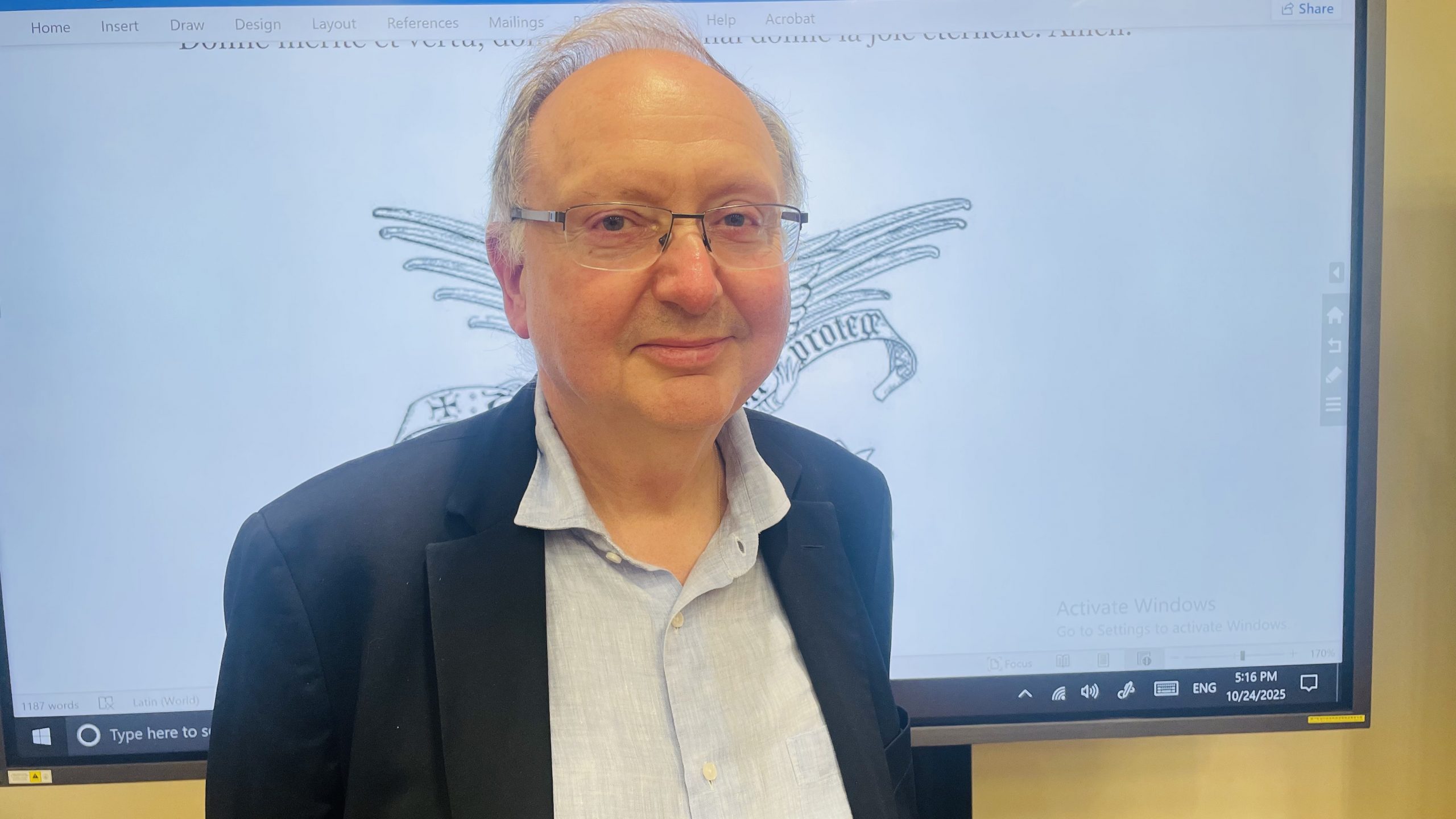Fr. Jijo Kandamkulathy CMF
Claretian Publications, Macau
4 July 2021 – 14th Sunday in Ordinary Time – Year B
Mark 6:1-6
Returning home after some time of work is an all too familiar experience for most of us. The overseas working community faces this regularly. Relatives and friends enjoy as long as the returning worker stays with them for a short time and has enough to give a ‘treat’ for them. When the returnees start making the slightest demand on changing their spending habits or working culture, those who appreciated thus far will take offense at them.
Jesus goes through a similar experience of enthusiastic acceptance and disenchanted rejection on his return home. The townspeople were enthusiastic to see the miracles that he performed. But after his appearance in the synagogue, there was discontentment and anger against him. There is something in what he said in the synagogue that they could not accept. The word ‘prophet’ gives us a clue to the difference of opinion. Jesus presented himself as a prophet who was teaching with some authority. In the Lukan text, he reads from Isiah and declares that the prophesy was getting fulfilled on him as the Messiah. There is a perceptual chasm between the townspeople and Jesus. Jesus considers himself as the Messiah of God, but the people do not!
The people were not prepared to accept that someone they knew from their close neighborhood, with no prophetic lineage in the blood, could start teaching them. The people, instead, question the credentials of the one who invites them.
Another theological element involved in the narrative is the messianic reference. They were also trying to discredit a messianic claim by establishing his family roots. They fail in that attempt, as they do not trace the father. They know that the Messiah will be from the Davidic dynasty. In their very attempt to domesticate him as the man next door and not an heir of David, the author gives us a clue that they did not know Jesus fully. In what they tried to disprove; the readers find proof for his messianic mission.
Discrediting people based on where they come from, on the color of the skin, or the culture is a prejudice that we have poorly overcome. Truth remains as such irrespective of the speaker. Rejecting the truth by discrediting the announcer speaks more about how unprepared the listener is to pay the cost of accepting the truth.
Jesus was not able to do great miracles there except curing some sick and laying of the hands. One might mistake that Jesus, after all, is not as powerful as he claims to be! Greater miracles require greater personal transformation in faith, which they were not ready to concede. Most often, our requirements do not go beyond little miracles of healing. We need Jesus only as a quick fix. Transformation of life based on the values of the Kingdom of God is a prerequisite for greater miracles. Accommodating the gospel as an insignificant part of our lives in the clutter of many other things we believe and practice neutralizes its potency to transform our lives. It is not due to the impotency of the word that we do not experience the Kingdom of God, but for want of willingness to transform ourselves.

 Follow
Follow


